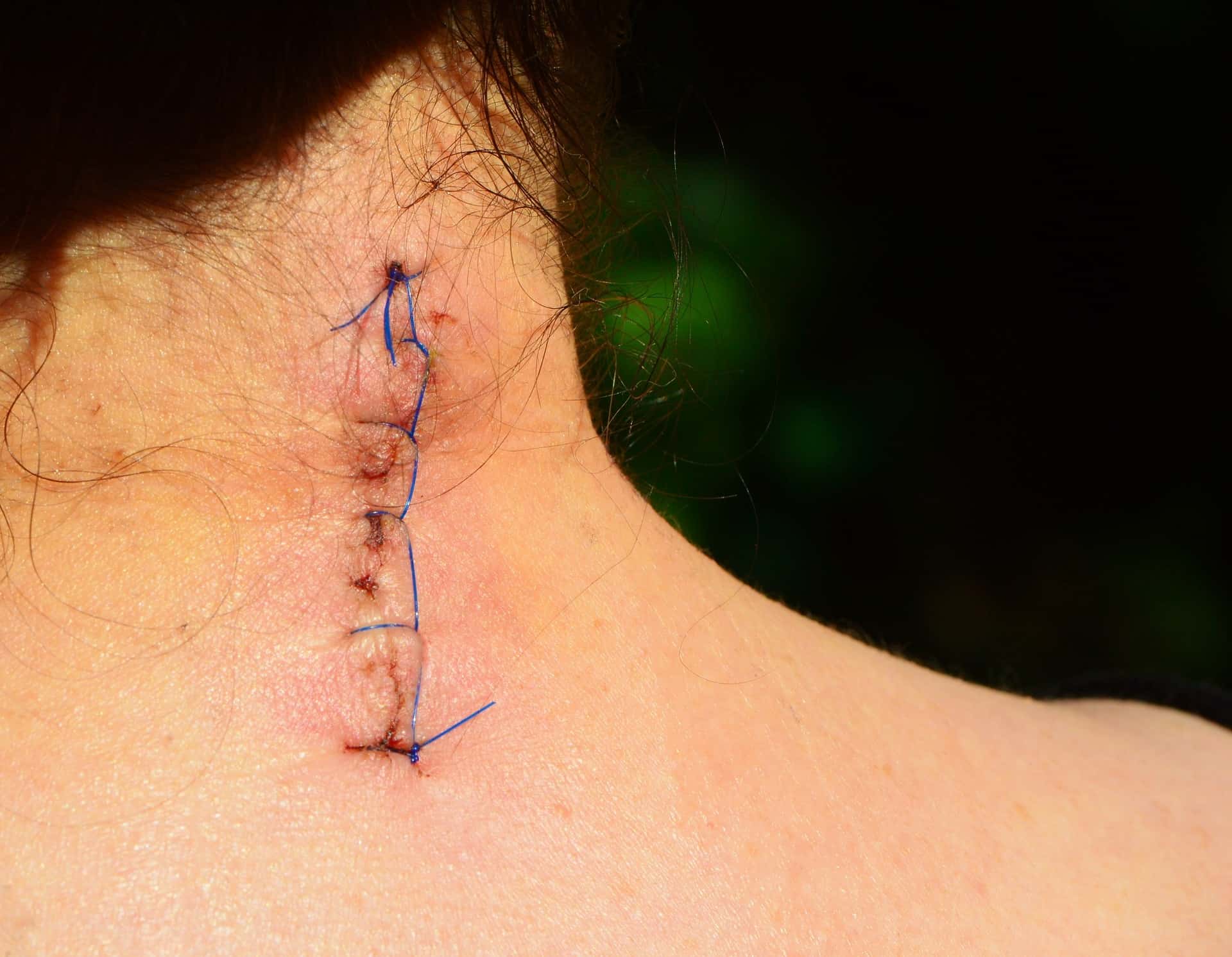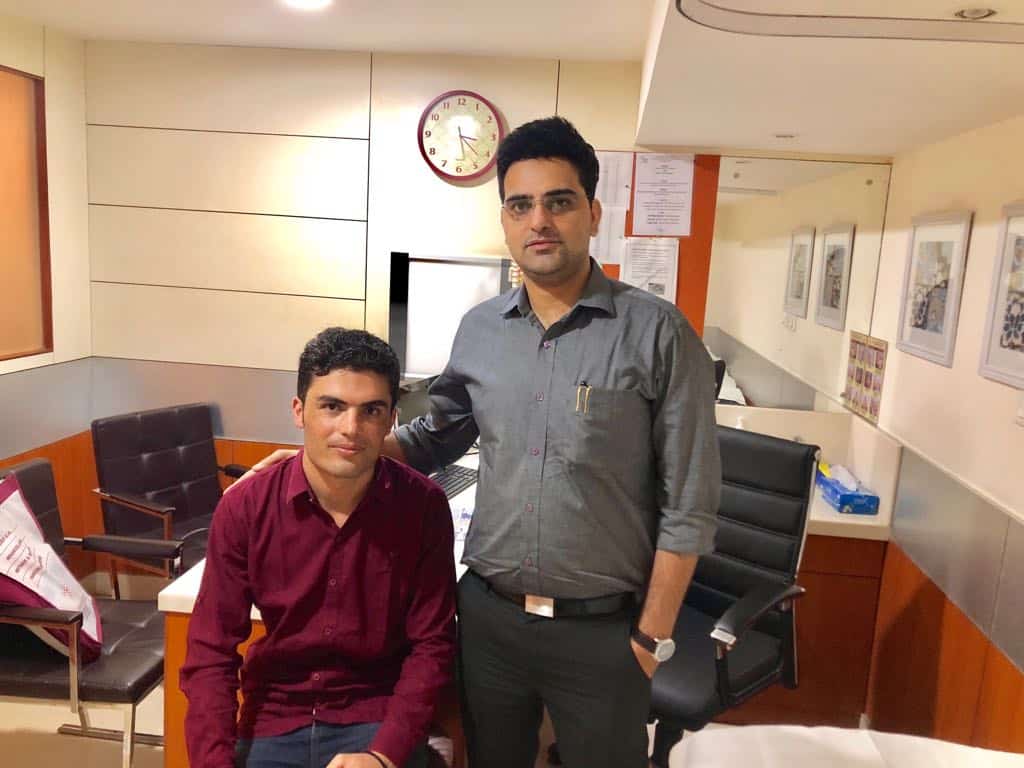Activities That Will Aggravate a Herniated Cervical Disc
A herniated cervical disc can cause pain, numbness, tingling or weakness that can begin in the neck and radiate into the arms and hands. A herniated disc, also called a slipped disc or prolapsed disc, occurs when a small portion of the cushioning between the vertebrae pushes out of alignment and compresses the spinal cord or spinal nerves. Conservative treatments are usually first line of treatment for slip disc. To aid in recovery, one should avoid certain activities.
Avoid Poor Posture
You should avoid poor posture to prevent aggravating a herniated cervical disc. Poor posture prevents your neck from being in the correct alignment to allow the herniated disc to heal. In addition, it can worsen the herniated disc and increase the risk of a second disc herniation.
In addition, you should make an extra effort to sit and stand up straight, especially when working at a computer or when driving. Make sure the level of the computer screen is at eye level to improve your work posture. When driving, make sure your seat is up straight and that you are not too far away from the steering wheel.
Avoid Contact Sports
Avoid contact sports such as football, basketball and boxing. These sports increase the risk of your neck’s being exposed to a high-level impact that may worsen the alignment of your cervical spine and exacerbate your symptoms.
Avoid Diving
Diving, especially high diving, can worsen the symptoms of a herniated disc. This is an activity that you should avoid because the velocity in which your head comes into contact with the water allows a significant force to be placed on your neck. This can worsen the disc herniation or increase your risk for a second herniation. Wait until you are cleared by your spine & pain specialist to continue participating in this activity.
Avoid Overstretching
Although light neck stretching may be of benefit, you should avoid overstretching your neck. Overstretching can cause too much strain to be placed on your neck, which may increase the pressure placed on your herniated disc and prevent it from healing. Therefore, follow the exercise recommendations given to you by your doctor or physio-therapist.









